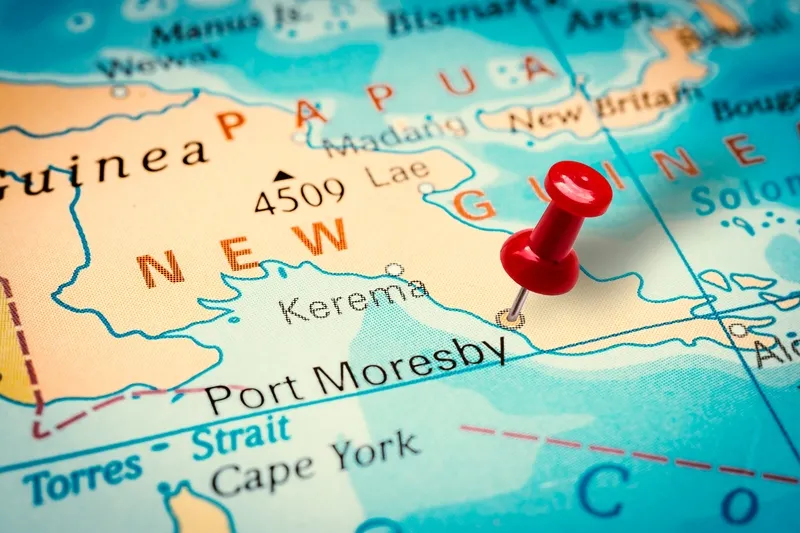Brazil is continuing to work on its road development programme, despite budgetary restraints due to the country’s difficult economic climate. Responsibility for over 10,000km of road that have had minimal maintenance or improvement works over the previous 15 years will now be taken by the Federal Government. An overall lack of funding has combined with disagreements between federal and state authorities as to who should pay for road upgrades, resulting in no work being carried out at all.
Meanwhile improv
June 7, 2016
Read time: 1 min
Brazil is continuing to work on its road development programme, despite budgetary restraints due to the country’s difficult economic climate. Responsibility for over 10,000km of road that have had minimal maintenance or improvement works over the previous 15 years will now be taken by the Federal Government. An overall lack of funding has combined with disagreements between federal and state authorities as to who should pay for road upgrades, resulting in no work being carried out at all.
Meanwhile improvement works are planned for roads in Matto Grosso do Sul. Some US$ 566.7 million is expected to be set as the budget to improve the road network in Matto Grosso do Sul. Around 2/3 of the state’s 12,662km road network is unsurfaced and in need of major improvement.
Meanwhile improvement works are planned for roads in Matto Grosso do Sul. Some US$ 566.7 million is expected to be set as the budget to improve the road network in Matto Grosso do Sul. Around 2/3 of the state’s 12,662km road network is unsurfaced and in need of major improvement.







